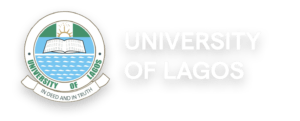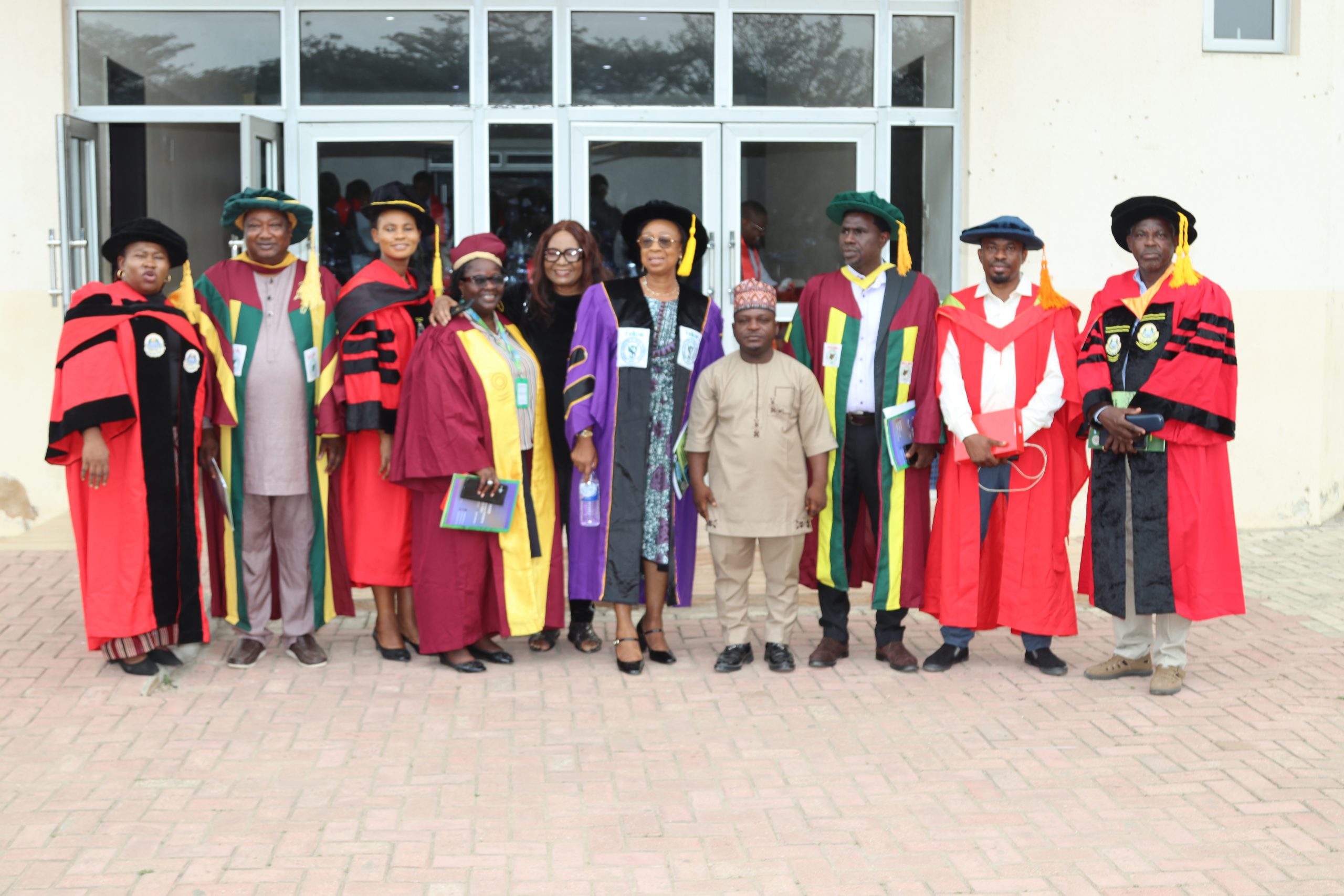It was a red-letter day for Faculty members of the Department of Chemistry, Faculty of Science, University of Lagos as three (3) books on Chemical Safety and Security in the Laboratory were launched on Monday, July 29, 2024 at the Faculty of Science Boardroom.
The 3 books funded under the TETFUND Grant for Academic Manuscripts into Books (AMB) Intervention are:
- Chemical Safety & Security in the Laboratory – A comprehensive guide, Instructor’s manual
- Chemical Safety & Security in the Laboratory – Workbook for students and
- Chemical Safety &Security in the Laboratory – PowerPoint slides for Instructors
The 3 publications were authored by six members of the faculty: Prof. Kehinde Olayinka, Prof. Tolulope Fasina, Dr. Aderonke Oyeyiola, Dr. Temilola Oluseyi, Dr. Oluwatoyin Fatunsin and Mr. Trust Ekama. The Reviewer was Dr. Christine Straut of Sandia National Laboratories (SNL), USA while Prof. Olusegun Adejuyo (Head, Department of Chemistry, UNILAG), Dr. (Mrs.) Popoola of Yaba Tech and Dr. Akeem Abayomi of the Department of Chemistry, UNILAG were local reviewers.
The Journey

According to the lead author, Prof. Kehinde Olayinka, the books are a result of seven years of research targeted at bridging noticeable gaps in chemical risk management in Nigeria.
She narrated that a 2017 workshop on Material Control & Accountability, organized by Sandia National Laboratories (SNL), USA, had identified the lack of guidance on managing chemical hazards unique to academic laboratories under the Nigerian university curriculum in chemical sciences. From the workshop, it was concluded that:
- chemical safety and security concepts and practices should be taught and understood;
- identification of sources of hazard and design of standard operation procedures (SOPs) must be propagated to all workers and students;
- roles and responsibilities must be established to individuals for the safety and security of humans and chemicals; and
- documentation should be ensured and lessons learnt from the accidents and incidents to improve planning.



She revealed that as a result of the foregoing, her team carried out a survey, across over 80 academic institutions in Nigeria, on why chemical safety and security were not taught in the Nigerian university chemistry curriculum and concluded from the survey that:
- There is a significant gap in teaching Chemical Safety & Security, particularly chemical security in Nigerian Universities
- There is a need to develop a comprehensive curriculum on chemical safety and security tailored for Nigerian universities.
- Training for selected academics who will subsequently train more trainers to spread knowledge and skills would be organized.
- Topics would include: safety, regulations, control of chemicals, hazardous substances and principles of green chemistry.
- Use of PowerPoint slides with informational instructional guides, would allow instructors flexibility to integrate content into existing science lectures
According to Prof. Olayinka, the survey resulted in a workshop on Chemical Safety and Security curriculum development held in Lagos in November 2017 for 20 participants from Universities, Colleges of Technology and Nigerian Universities Commission (NUC). The workshop was organized to empower participants on the integration of chemical safety and security education into the existing curriculum. It was agreed that participants would develop modules on Chemical safety and security. While the UNILAG team developed modules with work plans; assessment pilot tests were conducted by SNL and local observers. All these culminated in the production of the three (3) educational tools/books for implementation in Nigerian universities.



Book Review
The 3 books were reviewed by the Chairman, Chemical Society of Nigeria (CSN), Lagos chapter, and Lecturer in the Chemistry Unit at Yaba College of Technology, Dr. (Mrs.) Oluseun Popoola.

Defining chemical security as protection of people from chemicals and chemical safety as protection of chemicals from people, Dr. Popoola noted that the books aimed to introduce chemical safety and security into the Nigerian tertiary chemistry curriculum; bridge the existing gap in the teaching of chemical safety, security and responsible chemistry; minimize the risks associated with chemical incidences in academic laboratories; as well as equip students with essential skills for chemical use and management.
She mentioned that the books, targeted at students, technologists, lecturers and researchers, were structured as follows:
- Instructors’ Manual: A practical resource for teaching basic chemical safety in higher education institutions.
- Students’ Workbook: A manual for students to engage with the course material.
- CD with PowerPoint Presentations: Useful for instructors in preparing lecture notes.
Giving a brief synopsis of each of the eleven (11) chapters of the instructors’ manual, the CSN, Lagos Chair noted that the first six (6) lessons focused on the basics of chemical safety in a laboratory, while the last five (5) chapters delved into more complex subjects such as concept of chemical Safety & Security, labeling and storage of chemicals in the laboratory, waste management, chemical inventory and green chemistry.



Applauding the practical nature of the books, Dr. Popoola stated that the strengths of the books included clarity and applicability in real-world laboratory settings, incorporation of real-life examples, visual aids (diagrams, illustrations, and photographs), and an appropriate writing style.
However, she noted that the authors overlooked other potential users of the books such as other science, engineering and technology students who interact with chemicals in workshop settings and those without basic knowledge of chemistry yet handle chemicals such as factory workers, traders, etc.



Well attended by esteemed members of the Faculty, university community and chemical society, the Book Presentation featured brief addresses and goodwill messages from the Vice-Chancellor’s representative, Prof. Matthew Ilori (the Director, Academic Planning Unit); the Dean of the Faculty of Science, Prof. Elijah Oyeyemi, and Chairman of the occasion, and immediate past Deputy Vice-Chancellor (Academics & Research), Prof. Oluwole Familoni; immediate past Vice-Chancellor, UNILAG, Prof. Oluwatoyin Ogundipe, FAS; Deputy Director, Special Duties, at the Institute of Public Analysts of Nigeria, Mr. Christian Eboh and a representative of Women in Chemistry arm of the Chemical Society of Nigeria, Dr. Iyabo Phillips.






Report: Ndidi J. Odinikaeze
Photographs: Samuel Dosumu





